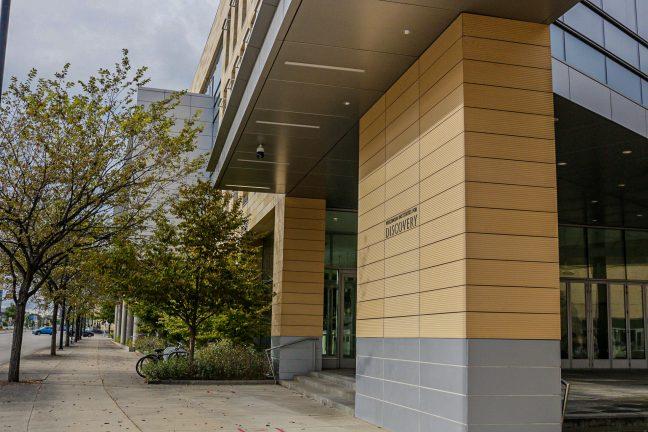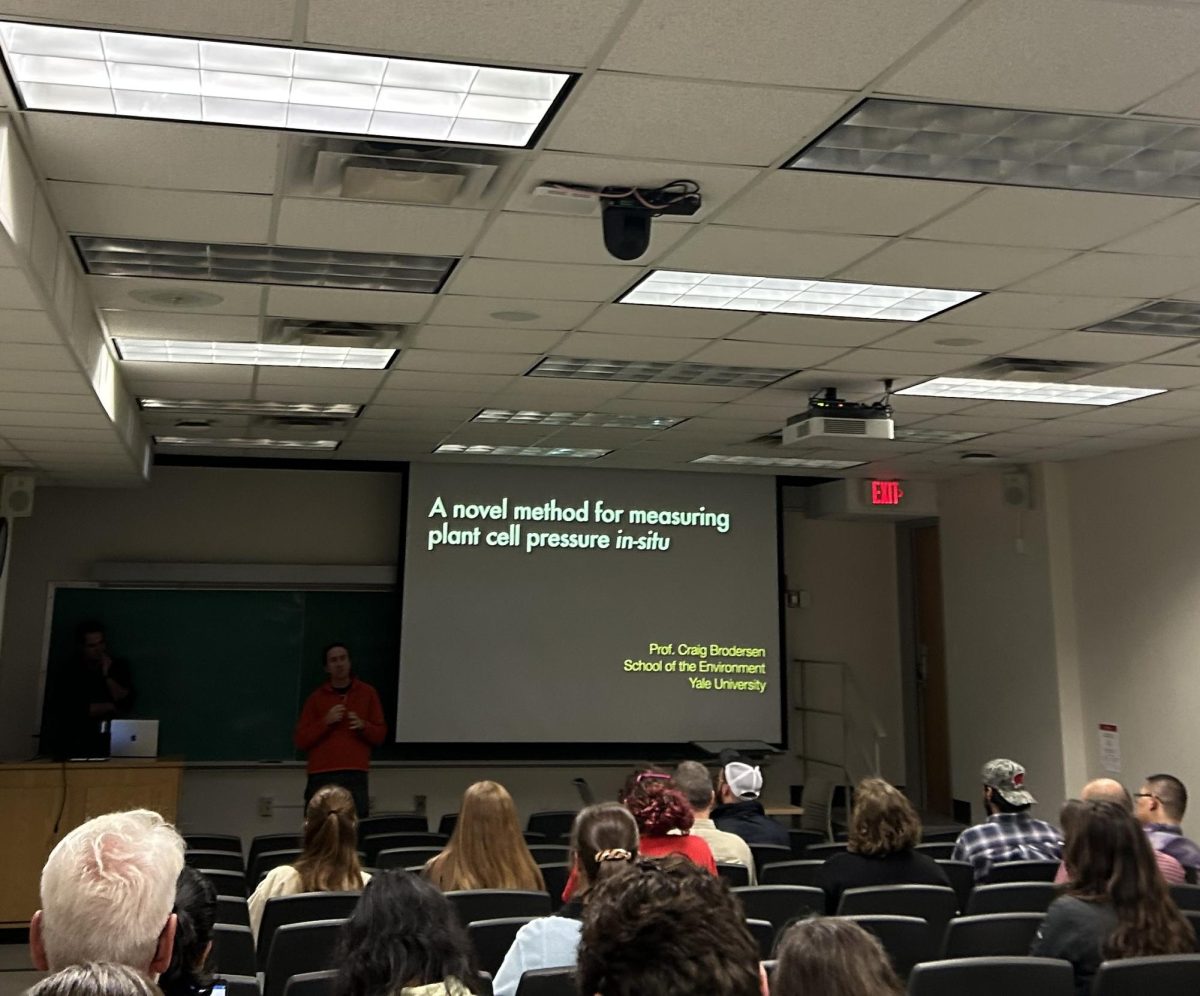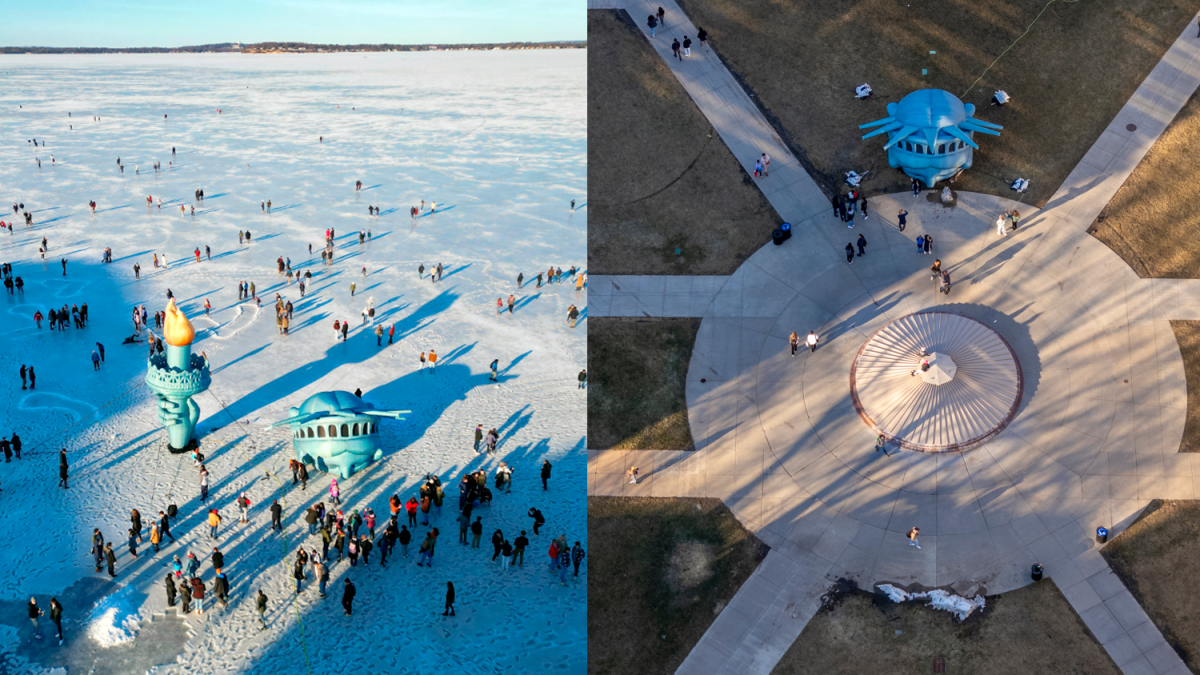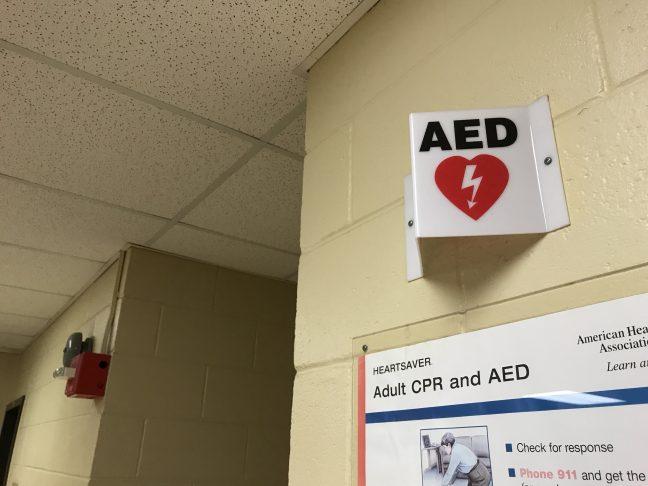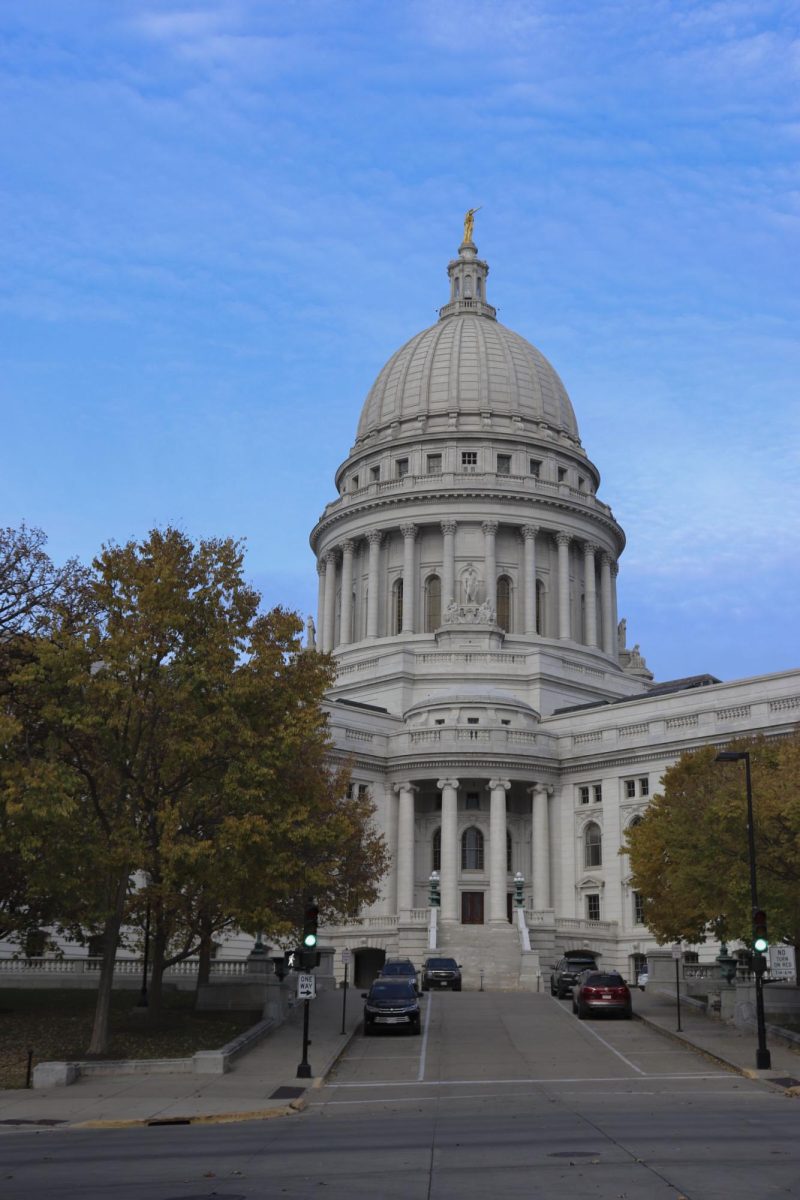The University of Wisconsin held its 2023 Climate Change Symposium Nov. 7 at the Wisconsin Institute for Discovery. This year’s topic was focused on the prompt “Will Wisconsin Become a Climate Haven?” PBS Wisconsin and The Nelson Institute for Climatic Research hosted three speakers and a Q&A session for audience members.
The Nelson Institute’s research focuses on understanding the climate system through the investigation of past, present and future climates, according to Nelson Institute Director Michael Notaro.
State climatologist and UW’s Nelson Institute for Climate Research Co-Director Steve Vavrus was among the three speakers addressing the topic of migration to Wisconsin due to climate change. His research uses computer climate models to estimate changes in the Earth’s climate from the past and future.
Vavrus spoke on the concept of climate migration, a growing term and climate change becoming evident.
Film shows Mayan culture, science is key for environmental issues
“It’s not only a popular topic, but a topic that has a long history, for example, the Dust Bowl,” Vavrus said.
Human-induced climate change is the current topic of concern, according to Vavrus.
On the topic of the geographic density of climate disasters, Vavrus said most were located in the central United States due to severe thunderstorms and tornadoes.
“We’ve set the record for the most billion-dollar disasters in the United States,” Vavrus said. “Over the years, they [thunderstorms and tornadoes] account for half of all of these disasters. Severe storms and tornadoes account for the total bulk of the increase in weather spending.”
Vavrus said the cost of weather disasters has increased since 1980 and weather events were a driving factor for individuals to move away.
Middleton’s LEED Gold Certification drives Madison’s sustainability goals
There is speculation that people were to move into the Great Lakes Region, especially Wisconsin. Yet, Wisconsin is severely affected by flooding, severe precipitation, smoke and extreme summer heat, according to The Journal For Advancing Earth and Space Sciences.
“No one that I know of has [invested more] into climate migration than Buffalo [New York] to advertise itself as a climate change refuge,” Vavrus said.
But not even Buffalo is immune to climatic events. On the contrary, Wisconsin has the potential to become a climate haven, Vavrus said. This is due to the bulk of water. Wisconsin is composed of 15,000 inland lakes, many streams and rivers and is bordered by two Great Lakes and the Mississippi River.
Wisconsin also has a relatively cool climate, does not have hurricanes or major wildfires and will never have sea level rising, Vavrus said. Wisconsin continues to be a lucrative area for individuals to settle as time progresses.


